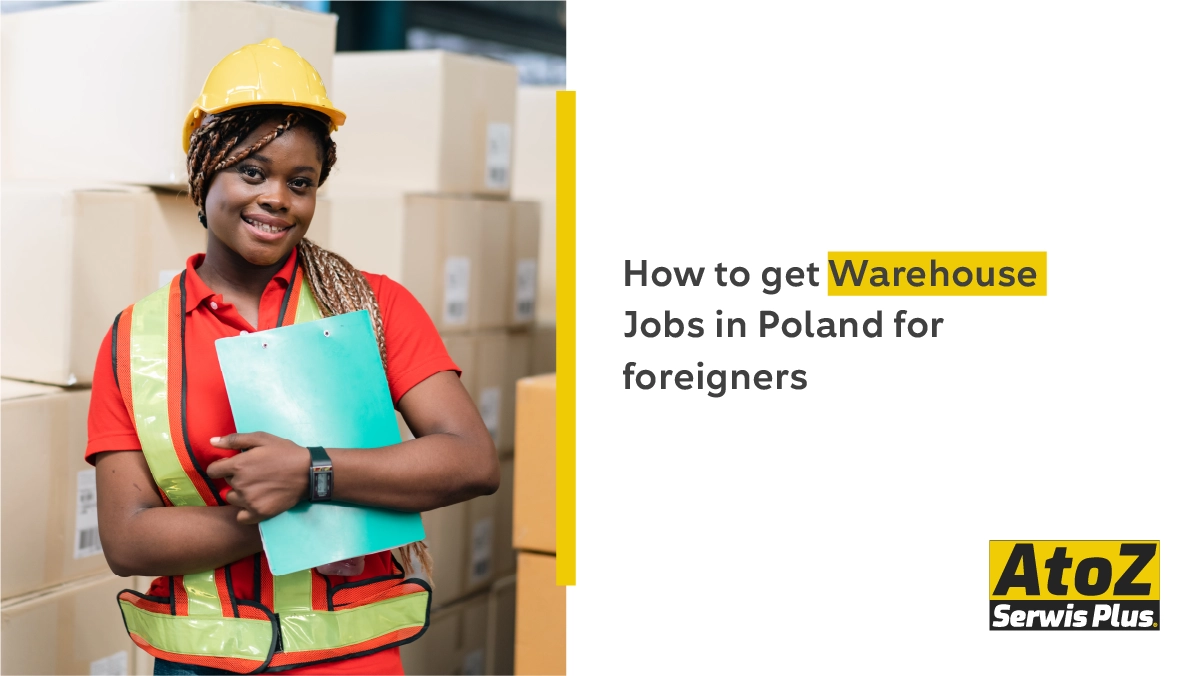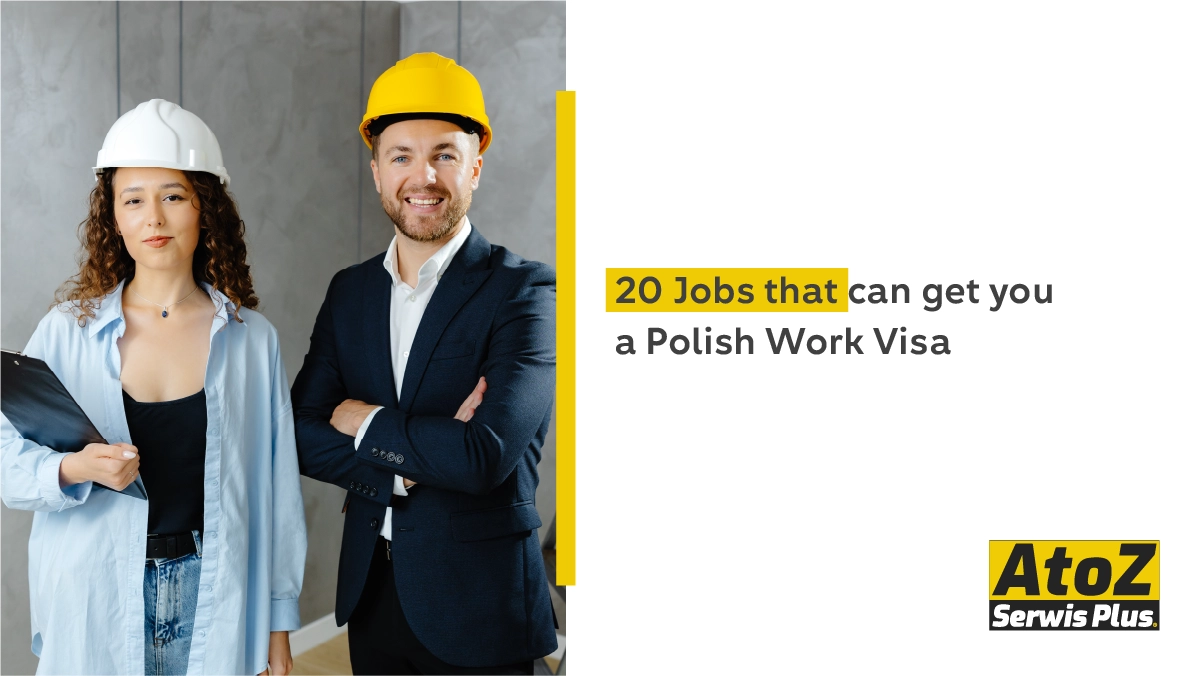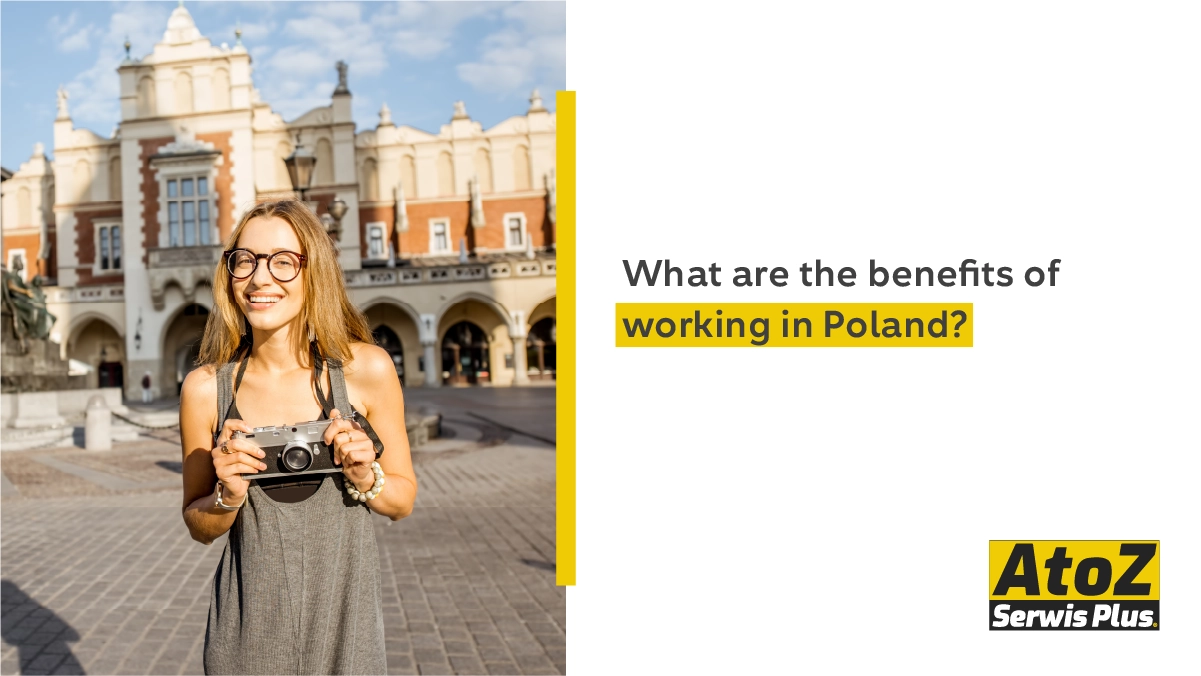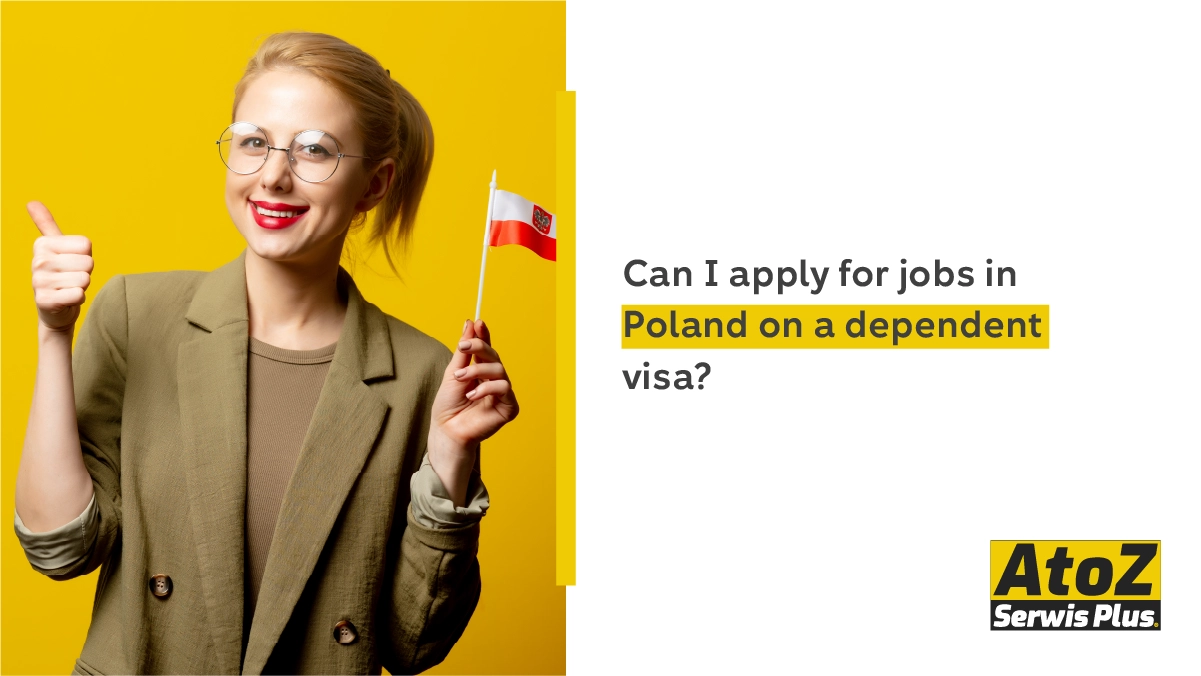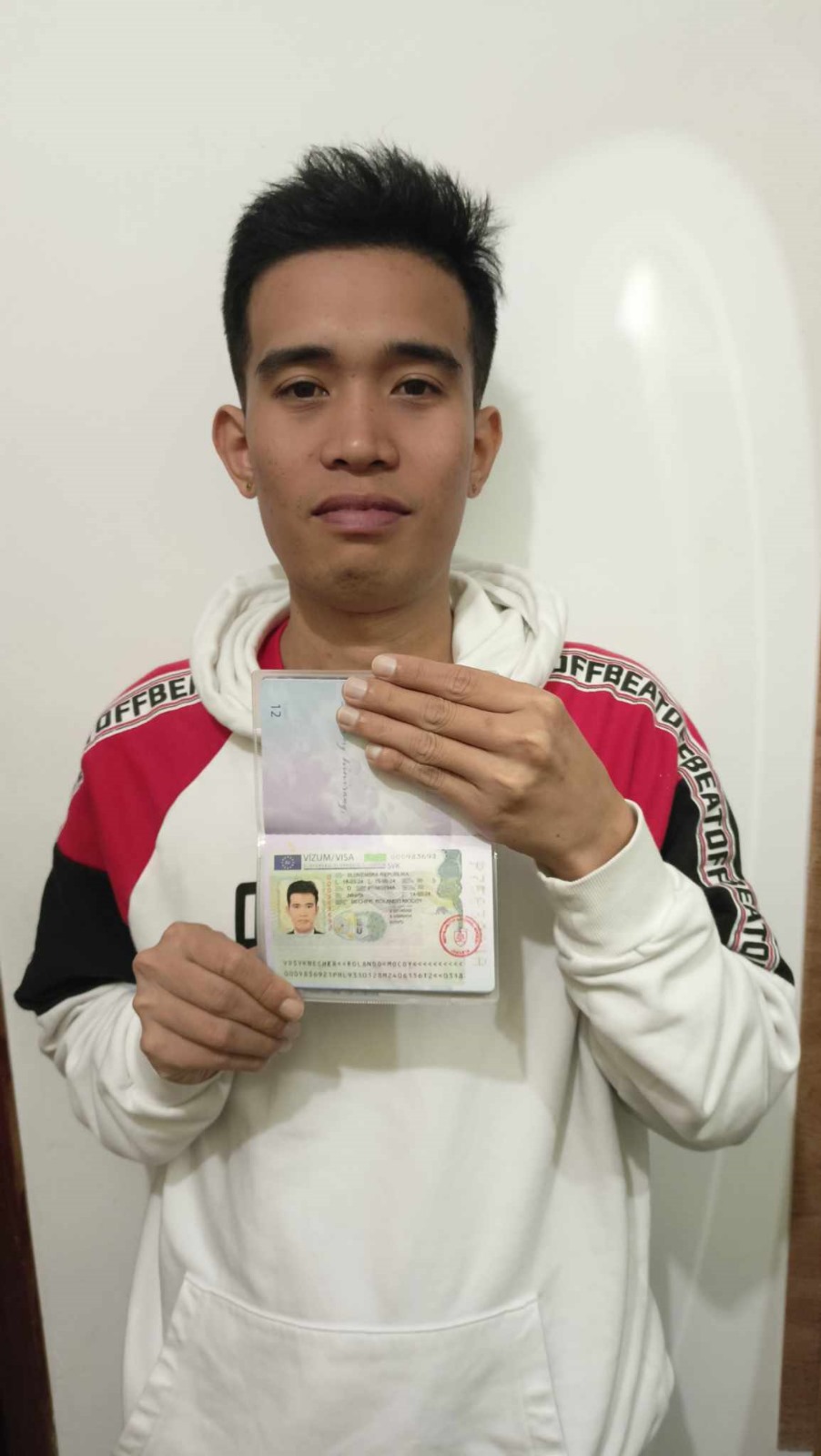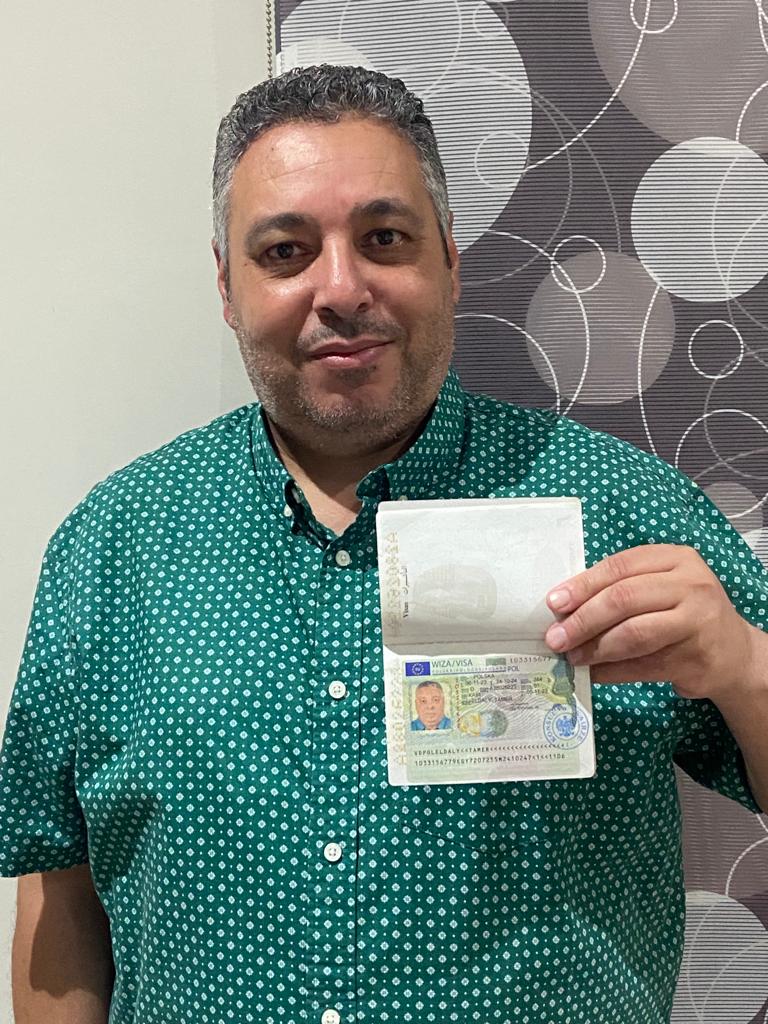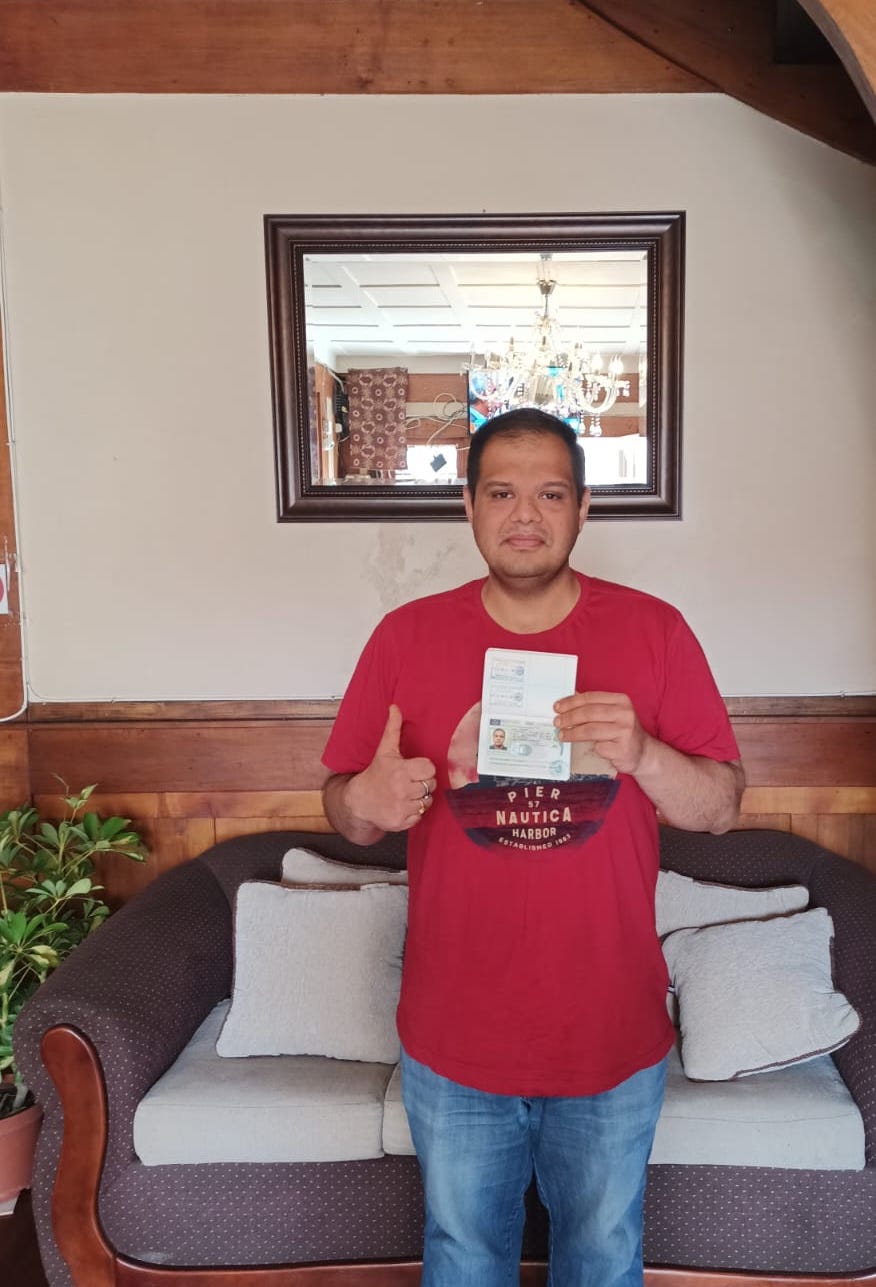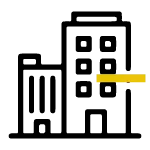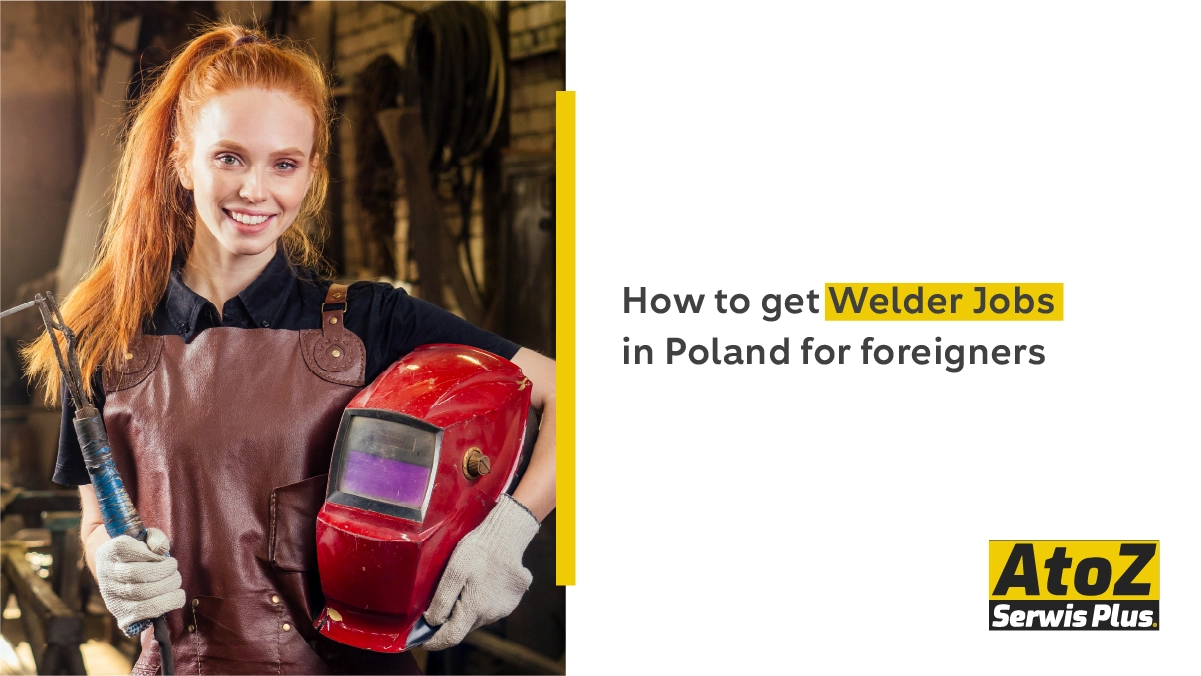

How to Get Welder Jobs in Poland for Foreigners
Poland has emerged as a leading manufacturing and construction hub in Europe, driving a constant demand for qualified welders. Skilled welders from non-EU countries can find rewarding job opportunities in Poland if they meet certification, licensing, and visa requirements. This detailed guide will help you understand how to get a welder job in Poland legally and successfully.
Why Work as a Welder in Poland?
- High demand – Due to industrial growth and infrastructure projects, Polish employers constantly look for skilled welders.
- Attractive pay – Welders earn between €1,200 and €2,500 (gross) monthly, depending on experience and specialisation.
- Pathway to residence – A stable welding job can help you qualify for a temporary residence permit in Poland.
- Modern workplaces – Poland’s factories and construction sites use advanced welding technology and high safety standards.
- Opportunity to build a European career – Polish experience is valued across the EU.
In-Demand Welding Skills in Poland
|
Welding Method |
Salary Range (gross) |
Demand Level |
|---|---|---|
|
MIG/MAG Welding |
€1,300 – €2,000 |
Very high |
|
TIG Welding |
€1,400 – €2,200 |
High |
|
Arc Welding |
€1,200 – €1,800 |
Moderate |
|
Flux-Cored Welding |
€1,400 – €2,100 |
Growing |
Specializations such as pipe welding or shipbuilding welding can offer even higher salaries and faster recruitment.
Requirements to Work as a Welder in Poland
Foreign welders should meet the following requirements:
- Valid welding certificates (ISO 9606, EN 287, or equivalent)
- Work experience (minimum 1–2 years preferred)
- Basic Polish or English language skills (A2 level often enough)
- Medical certificate of fitness for welding work
- No criminal record (required for work permit and visa processing)
Step-by-Step Process for Foreign Welders
1. Verify Your Welding Certificates
Polish employers will only accept certified welders with recognized qualifications. If you have a certificate from your home country, you may need to validate it in Poland or undergo a skills test.
2. Search for Welding Jobs
- Local Polish job portals (oferty.praca.gov.pl)
- Recruitment agencies focused on the industrial sector
- Industry-specific websites
- AtoZ Serwis Plus — a reliable agency for legal job placement
3. Get a Job Offer
An official job contract is necessary for your work permit application. The employer will outline:
- salary
- working conditions
- accommodation (if offered)
- tools and safety equipment
4. Apply for a Work Permit
Your Polish employer will usually handle the work permit application. Once approved, you can apply for a national visa (type D) in your home country.
5. Arrive and Register
After arrival in Poland, register your place of residence and apply for a Temporary Residence Card if you plan to stay long-term.
Documents You Will Need
- Valid passport
- Welding certificates (translated if necessary)
- Work contract
- Work permit decision
- Medical clearance certificate
- Visa application
- Proof of accommodation
- Insurance
Language Requirements
While advanced Polish is not mandatory, knowing at least basic Polish (A2 level) is strongly recommended for understanding safety instructions and communicating with supervisors.
Challenges to Expect
- Certification recognition: If your certificate is not EU-compatible, you might need to retake exams in Poland.
- Adaptation to Polish work culture: Safety rules and punctuality are taken seriously.
- Weather: Outdoor welding in winter can be challenging.
Why Choose AtoZ Serwis Plus?
- Connect with licensed employers
- End-to-end visa and work permit assistance
- Pre-departure orientation and guidance
- Transparent, legal procedures
Conclusion
Poland is a fantastic destination for skilled welders seeking reliable, well-paid work in Europe. With your certificates, proper documentation, and a trustworthy recruitment partner, you can build a stable welding career and even open doors to EU residency.
Ready to start? Contact AtoZ Serwis Plus today and get help with your welding job in Poland!

